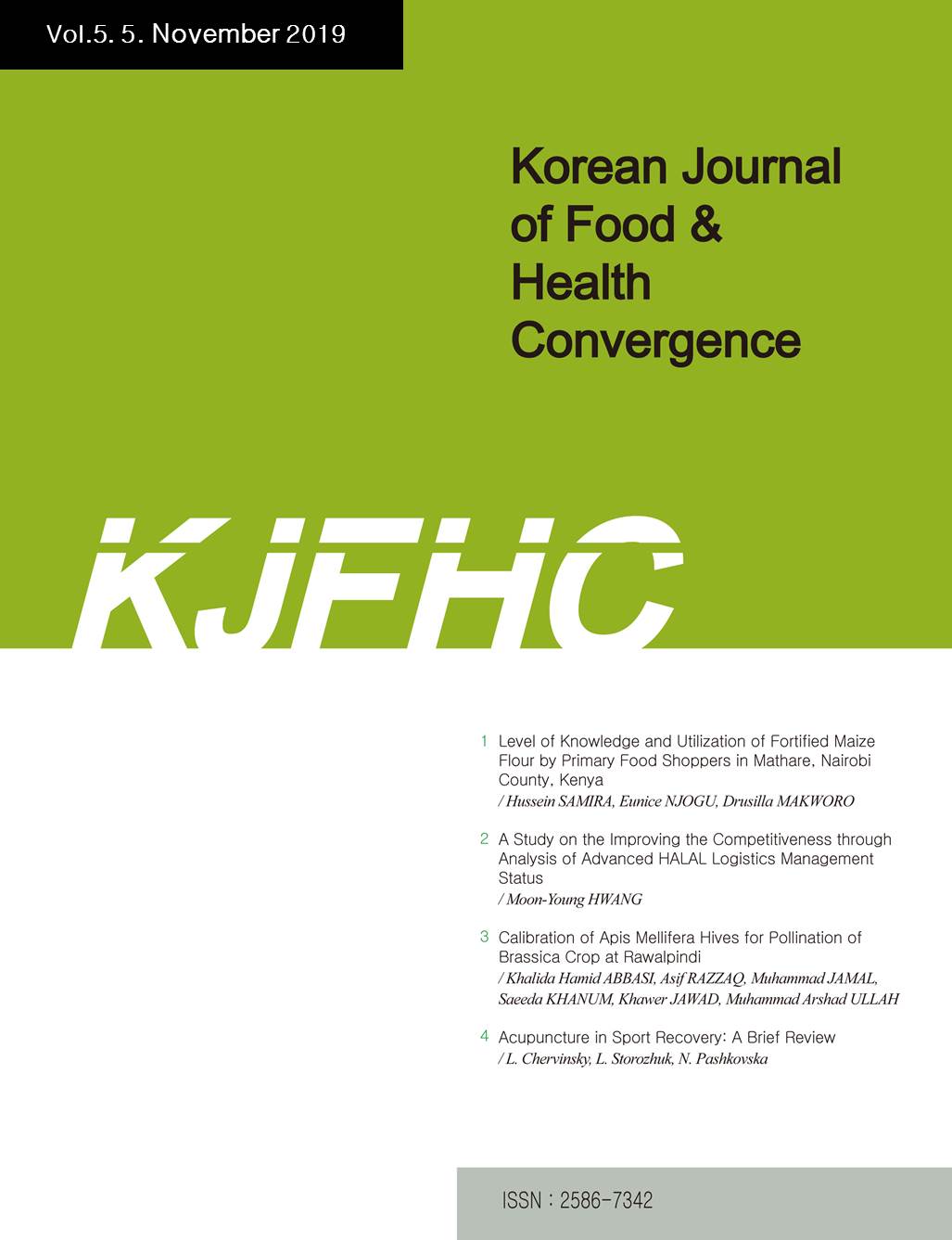- 권한신청
- E-ISSN2586-7342
- KCI
Information Seeking and Information Avoidance among University Students: Focusing on Health and other Information
Abstract
This study aims to investigate whether information awareness, search purpose, and search expectations influence information avoidance among university students. The data were collected by using a self-completion questionnaire with convenience sampling of students from one university. The collected data were analyzed by descriptive statistics, t-test, analysis of variance (ANOVA), Pearson’s correlation coefficient, and multiple regression using R 4.2.3. The main results are as follows: First, both search purpose and search expectations exhibited a significant inverse correlation with all information avoidance dependent variables. Second, there was a significant difference in the mean of search expectations across majors, such that science majors had higher search expectations than humanities majors. Third, there were significant differences in the means of the information avoidance-system and information avoidance variables by major, such that both variables had lower means for the science than the humanities group. Fourth, among the independent variables, search expectation had a significant effect on information avoidance-personal: the higher the search expectation variable, the lower the information avoidance-personal variable. This study confirmed that information avoidance should not only consider the psychological, emotional, and affective aspects of information seekers, but also that information seekers’ information search purpose and search expectations are predictors of information avoidance.
- keywords
- Information Behavior, Information Seeking, Information Avoidance, Information Awareness, Search Purpose
- 다운로드 수
- 조회수
- 0KCI 피인용수
- 0WOS 피인용수


